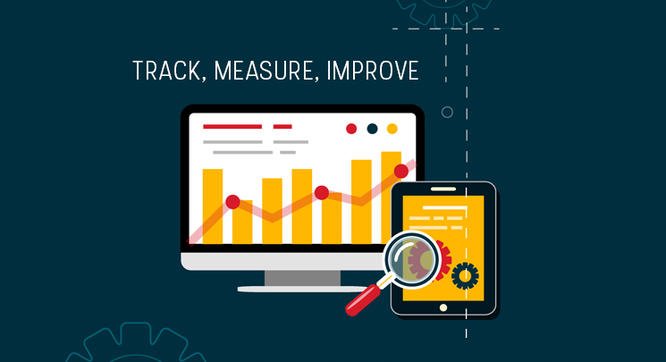Key Event Metrics You Should Track, Diligently

Experts agree that the key to success in anything - be it a diet, finances, or event results – is tracking. As an event planner, it’s imperative that you track your event metrics. It may take some time, but the results will certainly be worth it. Ideally, you’d want to track as many aspects of the event as possible.
But if you’ve got a small team and can only concentrate on the essentials, focusing on these 3 key event metrics will deliver big results, fast.
Registrations
Most event planners now the total number of registrations received. This is a decent figure to know, but does it really show you the whole picture? If you need to increase your attendance figures by 50% the next year, will you know how to do so? (Without randomly guessing.)
Apart from knowing your final registration numbers, you should also track when each attendee registered. Was it during:
A social media campaign
A series of eDMs
An advertising campaign
Other marketing or PR activities?
Do also break this information down in to further bite-sized slices. Find out which particular eDM, viral video, social media post, or advertisement was particularly effective at converting prospects into registrations.
Once you know what precise marketing tools delivered the best results, improving on those figures will be much easier next time.
Audience Feedback
This is another key metric that many event planners have a vague understanding of. Or to be specific - most event planners ask for feedback at the end of their event, usually in the form of physical or digital feedback forms.
But did you know that post-event feedback only captures a small amount of the information you could get, if you had been collecting feedback all throughout your event? And did you know, you could collect this feedback, without even having to explicitly ask your participants for it?
With apps such as the Angage Event App, you can integrate data collection into games and other interactions between guests, speakers, and organisers. This type of on-the-spot data is much more plentiful, accurate, and useful than traditional post-event surveys.
Of course, you can incorporate a post-event survey using an event app too, and include that with the rest of the crucial data you’ve collected throughout your event.
Return on Investment
Perhaps the most important, yet most overlooked metric of all, is your return on investment (ROI). Your ROI tells you whether your event brought in more value (in terms of sales, marketing, branding, and other considerations), than its expenditure/costs.
Simply put, your event’s ROI is also your report card. A positive ROI indicates that your event well worth every cent spend on it, while a negative ROI means the event was a bad investment.
Always, always measure your ROI. The simplest, most basic method you can use, is to calculate the monetary value your event brought your company (or your client’s business), then subtracting your total event expenses. Remember to include the time you and your colleagues spent working on the event as part of its expenses!
Track, Measure, Improve
The next time you start planning an event, remember to also start tracking these 3 key event metrics. You’ll find that with enough practice, metrics, and insights – improving future events will not only be easier, it’ll be (almost) a certainty.


